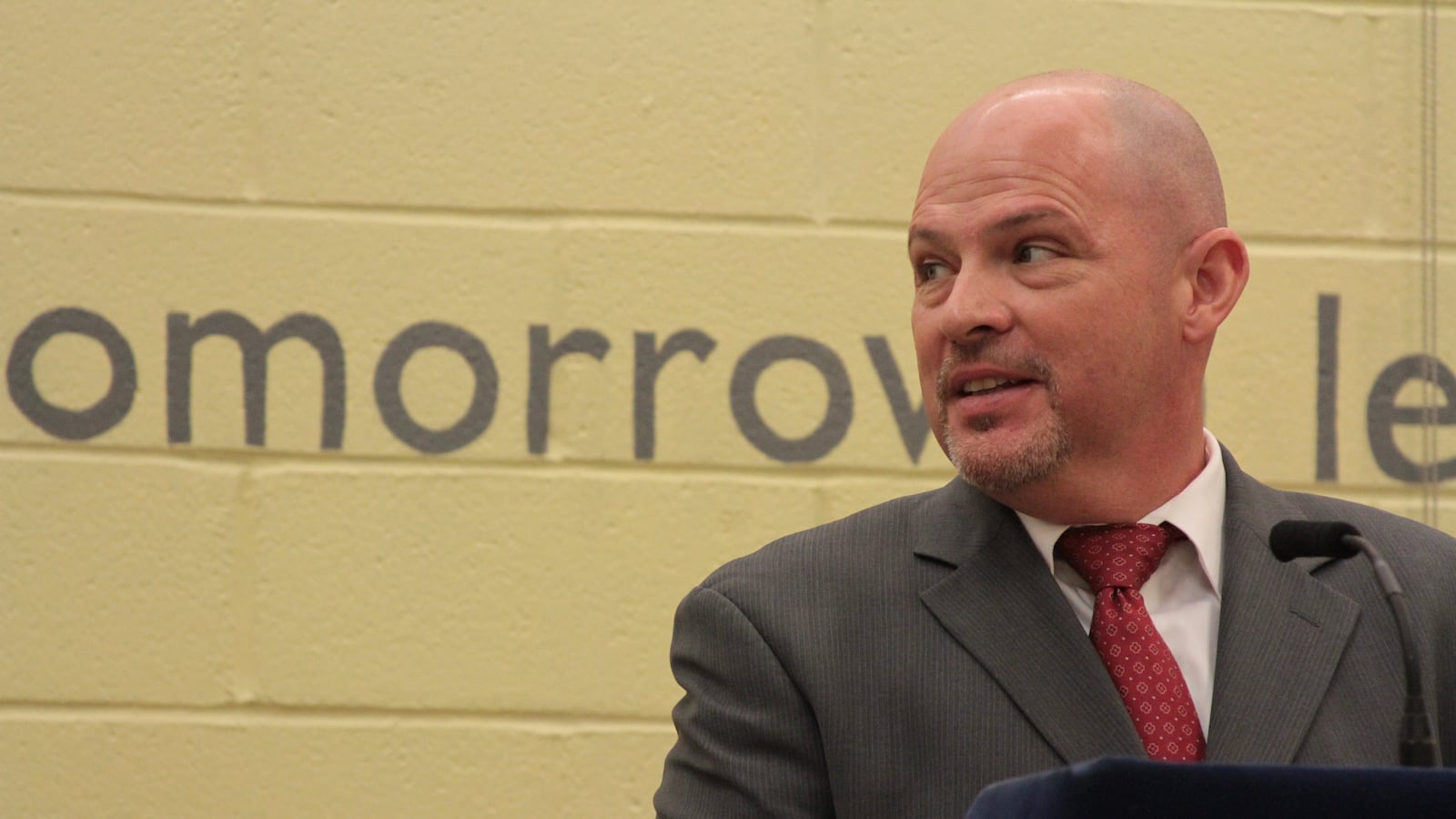Less than a year ago, a group of New York City principals trying to tweak their schools’ admissions policies to reserve seats for low-income students remained stymied by local officials, who hadn’t signed off on their plans.
Now, months after a handful of those plans won approval, city officials say they want to see those ideas spread — and are pushing another avenue for schools to make their student bodies more diverse, too.
Seven elementary schools were given the green light last fall to set aside seats for high-needs students, and the city will soon open an application process for schools interested in making similar changes. At the same time, union and city officials are working with a dozen schools — all of which have already been given waivers from teachers-contract rules or city regulations — to make their own changes aimed at reducing segregation.
The initiatives will affect only a fraction of schools in the nation’s largest school district. But they mark a new willingness to let the city’s schools to experiment with plans meant to decrease segregation, and underscore the de Blasio administration’s favored approach to that issue: having schools and neighborhoods develop plans on their own, minimizing controversy.
On Tuesday night, Schools Chancellor Carmen Fariña, who has been reluctant to embrace specific diversity plans in the past, praised the schools in the waiver program, called PROSE, for beginning to address school diversity.
“I think I’m particularly proud of the PROSE [schools] that really undertook the whole issue of diversity,” Fariña told educators at the teachers union headquarters.
School leaders trying to make these changes say they want to enroll students from a mix of backgrounds, particularly in gentrifying neighborhoods. The issue has received special scrutiny since a 2014 report identified New York as having some of the country’s most segregated schools.
The city’s pilot program is allowing some schools to set aside seats for high-needs students, including those from poor families, English learners, and those who have incarcerated parents. The seven schools participating this year are all elementary schools, but the new round of applications will be open to schools at all levels.
That pilot program “opened the door” for schools in the PROSE program to come up with similar plans, according to an education department newsletter sent in December.
Twelve schools in that program want to amend their current plans to set aside seats for low-income students or improve their recruitment efforts, union officials said. (Each of these schools is waiting on official approval from the city or their own school staffers, but union officials said they will likely be approved.)
Two more schools with diversity-focused plans are likely to enter the program this year, and another set of schools is interested in doing so in the future, according to the union.
Some want to use set-asides, like the schools in the pilot program. Other schools want to expand their outreach in new ways, though it is not always clear what regulations, if any, they need to waive to do so.
Brooklyn Latin, for example, wants to expand outreach to low-income students in middle schools. Another school serving mainly low-income students wants to make the school attractive to more families entering a gentrifying neighborhood, according to the union.
Schools can also combine the two approaches. At the Tuesday event, teachers at Brooklyn New School said they had set aside seats during their admissions process, expanded outreach to early childhood centers, and split school registration sessions into smaller groups to aid parents.
Another 12 schools have expressed interest in making diversity-focused changes the following year. A new program called “PROSE Pathways” will allow schools to follow the progress of schools using the program, attend events throughout the year, and prepare to become a PROSE school next spring.
Halley Potter, a researcher at the Century Foundation who focuses on school integration, called expanding the scope of PROSE to include diversity an exciting step, if limited in scope.
“There’s a strong sense that the department is pretty open to these school-level changes,” Potter said. “I think what is still missing in this and other initiatives is thinking about system-level work.”

